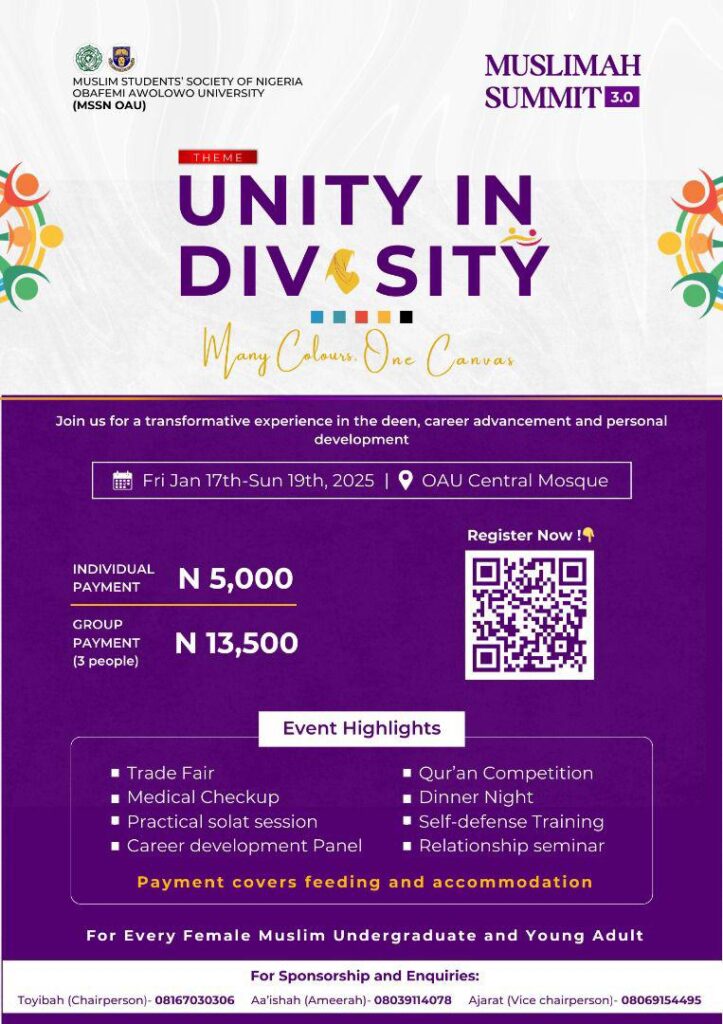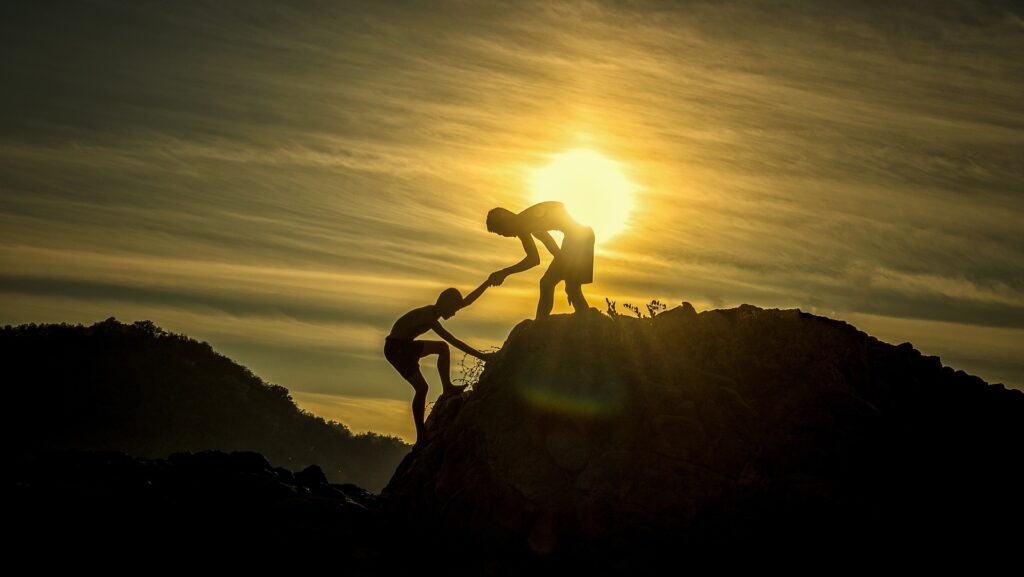By: Azeez Abdulrahman Adewale (Borguh)
Social and Economic Struggles
Impact of Occupation on Daily Life
The Israeli occupation has profoundly affected the daily lives of Palestinians, imposing severe movement restrictions and limiting access to essential resources. Checkpoints and the separation barrier, often referred to as the “Apartheid Wall,” restrict the movement of Palestinians, making it difficult for them to travel to work, school, or even medical facilities. For instance, the city of Hebron is divided, with areas under strict Israeli control where Palestinians face frequent curfews and random searches. In Gaza, the blockade imposed by Israel has created what many describe as an “open-air prison,” severely limiting the flow of goods and people and resulting in widespread hardship.
Economic Challenges
The economic situation in Palestinian territories is dire, with high unemployment rates and a heavy reliance on international aid. According to the World Bank, the unemployment rate in Gaza is among the highest in the world, exceeding 50% . The economy is stifled by restrictions on trade and movement, making it difficult for businesses to operate and for people to find jobs. Additionally, many Palestinians depend on international aid for basic needs, which creates a cycle of dependency and vulnerability. The destruction of infrastructure during conflicts, such as the repeated bombardments of Gaza, further cripples economic development and reconstruction efforts.
Social Struggles: Education, Healthcare, and Family Life
The social fabric of Palestinian society is under constant strain due to the occupation. Education is heavily impacted, with schools often damaged or destroyed in conflicts, and students facing difficulties attending classes due to movement restrictions. For example, in the West Bank, schools sometimes have to close due to nearby military operations or settler violence. Healthcare is another critical issue, with hospitals and clinics frequently lacking necessary supplies and equipment due to import restrictions . Family life is disrupted by the constant threat of violence and the psychological toll of living under occupation. Children grow up in an environment marked by instability and trauma, affecting their mental health and development.
Gradual Dispossession and Home Demolition
One of the most painful aspects of the occupation is the gradual dispossession of Palestinian land and the demolition of homes. Israeli authorities often deny building permits to Palestinians, leading to the demolition of homes built without official approval. According to Human Rights Watch, in East Jerusalem and Area C of the West Bank, over 98% of Palestinian building permit applications are denied . This policy has resulted in thousands of Palestinians being forcibly evicted and their homes demolished, creating a climate of insecurity and displacement. The expansion of Israeli settlements, which are considered illegal under international law, further exacerbates this issue by encroaching on Palestinian land and resources.
Water Supply Control and Occupation Impacts
The Israeli occupation exerts control over vital resources, including water supply, disproportionately affecting Palestinians. Restrictions on water access and allocation have severe consequences for Palestinian communities, with over 180 communities lacking access to running water. Israel’s control over water sources and infrastructure reflects its broader strategy of resource appropriation and population control, further exacerbating the humanitarian crisis faced by Palestinians.
Gaza Blockade and Living Conditions
The blockade imposed on Gaza by Israel has resulted in dire living conditions for its residents. The blockade, in place since 2007, severely restricts the flow of goods and people, effectively isolating Gaza from the outside world. This has led to widespread poverty, unemployment, and food insecurity, with over half of Gaza’s population living below the poverty line. The blockade has been condemned by human rights organizations and the UN as collective punishment, contributing to the consensus on Gaza’s status as an open-air prison.
Gaza’s Status as an Open-Air Prison
There is a growing consensus among human rights organizations and the international community on Gaza’s status as an open-air prison. The blockade, combined with frequent military incursions and bombardments, has created a humanitarian catastrophe, with severe restrictions on movement, access to essential services, and economic opportunities. The UN has warned of the dire consequences of the blockade, calling for its immediate lifting to alleviate the suffering of Gaza’s population.
Sponsored Ad

Humanitarian Struggles
Refugee Crisis and UNRWA’s Role
The Palestinian refugee crisis is one of the most protracted humanitarian issues in modern history. Following the 1948 Arab-Israeli War, over 700,000 Palestinians were displaced from their homes, creating a vast refugee population that continues to grow due to natural population increase. Today, there are more than 5 million registered Palestinian refugees living in camps across the Middle East, primarily in Lebanon, Jordan, Syria, the West Bank, and Gaza . The United Nations Relief and Works Agency for Palestine Refugees in the Near East (UNRWA) was established in 1949 to provide assistance and protection for these refugees. UNRWA offers essential services, including education, healthcare, and social services, but its operations are often hampered by funding shortages and political pressures. Despite its efforts, the living conditions in many refugee camps remain dire, with overcrowding, poverty, and limited access to basic necessities being pervasive issues.
Impact of Settlements and the Separation Barrier
Israeli settlements in the West Bank and East Jerusalem are a significant barrier to peace and a major humanitarian concern. These settlements, deemed illegal under international law, encroach on Palestinian land, leading to the displacement of Palestinian communities and the fragmentation of their territory. As of 2021, there are over 600,000 Israeli settlers living in these areas. The expansion of settlements is often accompanied by the construction of the separation barrier, which Israel argues is necessary for security. However, the barrier, which runs deep into the West Bank, separates Palestinians from their land, livelihoods, and families. It has created isolated enclaves, making it difficult for Palestinians to access essential services, such as healthcare and education, and exacerbating the humanitarian crisis.
Human Cost of Conflicts: Casualties and Displacement
The human cost of the Israeli-Palestinian conflict is immense, with recurring violence resulting in significant casualties and widespread displacement. During major conflicts such as the 2008-2009 Gaza War, the 2012 and 2014 Gaza conflicts, and the numerous flare-ups since, thousands of Palestinians have been killed, including many civilians. The 2014 Gaza War alone resulted in the deaths of over 2,200 Palestinians, including 500 children, and left tens of thousands homeless. These conflicts not only cause immediate loss of life and displacement but also have long-term psychological effects on the survivors, particularly children. The destruction of infrastructure, homes, and schools further compounds the suffering, making recovery and rehabilitation a daunting task.
Dehumanization by Israeli Politicians
Dehumanizing rhetoric and policies by Israeli politicians have further exacerbated the plight of Palestinians. Statements and actions by some Israeli leaders have contributed to a climate of hostility and discrimination. For example, former Israeli Prime Minister Benjamin Netanyahu has been quoted as saying that Palestinians are “wild beasts” . In 2014, Naftali Bennett, another prominent Israeli politician, declared, “I’ve killed lots of Arabs in my life – and there’s no problem with that.” Such statements reflect and reinforce a broader pattern of dehumanization and disregard for Palestinian lives. The policies enacted under these leaders, such as the expansion of settlements, military operations in Gaza, and discriminatory laws, further illustrate this dehumanization. These actions and attitudes not only violate international human rights standards but also deepen the cycle of violence and mistrust between Israelis and Palestinians.
The humanitarian struggles faced by Palestinians are multifaceted and deeply rooted in the ongoing conflict and occupation. The refugee crisis, exacerbated by the lack of a durable solution and insufficient support, highlights the enduring displacement and suffering of millions. The impact of Israeli settlements and the separation barrier severely restricts Palestinian rights and freedoms, while the recurrent conflicts inflict severe human and material losses. Dehumanizing rhetoric from Israeli leaders adds to the trauma, underscoring the urgent need for international intervention and a just resolution. For Muslim students and advocates of justice, understanding these humanitarian struggles is crucial for supporting efforts toward peace and dignity for the Palestinian people.
To be continued in the next episode. Thanks for reading.
To read Episode 1, Click Here
To read Episode 3, Click Here




